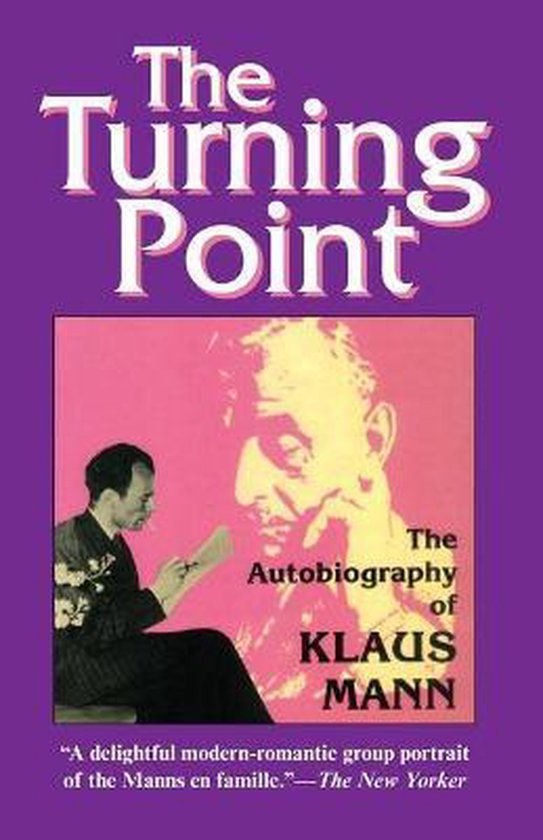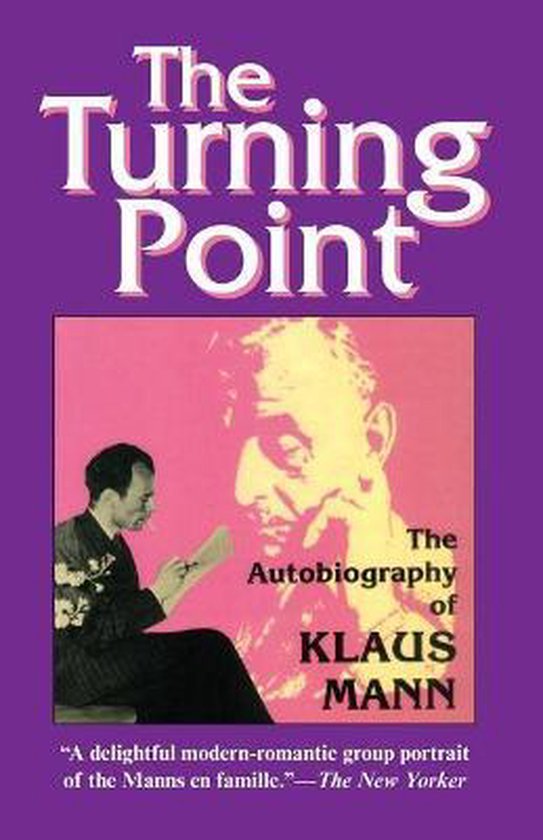De Boeken van Wouter
The Turning Point
The Turning Point
No se pudo cargar la disponibilidad de retiro
Verzending is beschikbaar op maandag en vrijdag
Meestal verzonden binnen 1–4 dagen na bestelling
4 boeken kopen = 3 betalen
Gratis verzending vanaf €25
Titel: The Turning Point
Schrijver: Klaus Mann
Bindingswijze: Paperback
EAN: 9780910129145
Conditie: Goed
Let op: Hieronder staat een algemene beschrijving van hoe wij onze conditietypes classificeren. Als u een nauwkeuriger beeld wilt of specifieke vragen heeft, stuur ons dan een bericht en we kijken het graag voor u na.
Conditie-omschrijvingen:
- Als Nieuw: Nauwelijks gebruikssporen, bijna als nieuw.
- Goed: Kan lichte gebruikssporen vertonen, zoals wat verkleuring of een naam op de schutbladen, maar doorgaans geen onderstrepingen of aantekeningen in de tekst.
- Redelijk: Boek in redelijke staat. Kan gebruikssporen vertonen, zoals verkleuring, leesvouwen in de rug, onderstrepingen, aantekeningen, lichte vervuiling aan de randen, ezelsoren of een kromme rug.
- Nieuw: Boek is nieuw.
Beschrijving:
The eldest son of Thomas Mann sketches this group portrait of the Mann family. The Manns were the first intellectuals to leave Nazi Germany and to organize a resistance movement. Klaus Mann became a leading writer in the fight against Nazism.
In this second installment of his autobiography (following Kind dieser Zeit), Klaus Mann describes his childhood in the family of Thomas Mann and his circle, his adolescence in the Weimar Republic, and his experiences as a young homosexual and early opponent of Nazism. He also describes how, after the Reichstag elections of September 1930, friends and family began to discuss the looming prospect of emigration and exile. When Stefan Zweig published an article claiming that democracy was ineffective, Klaus replied: “I want to have nothing, nothing at all to do with this perverse kind of `radicalism.’” After hearing one of his working-class lovers in a storm trooper’s uniform say, “They are going to be the bosses and that’s all there is to it,” Klaus fled to Paris in March of 1933. He became one of one hundred thousand German refugees in France, losing his publisher, friends and associates, and readers in the process. He describes finding a German Jewish publisher in Amsterdam and the difficulties of starting a journal of émigré writing. In 1934, his German passport expired and he was forced to renew temporary travel documents every six months. The President of Czechoslovakia offered citizenship to the entire Mann family in 1936 but then Hitler invaded that country and Klaus emigrated to the United States. Despite statelessness, bouts of syphilis and drug abuse, neither his pace of travel nor publication slowed. His novel Der Vulkan is among the most famous books about German exiles during World War II but it sold only 300 copies. Klaus stopped reading and writing German in the U.S. “The writer must not cling with stubborn nostalgia to his mother tongue,” he writes in The Turning Point. He must “find a new vocabulary, a new set of rhythms and devices, a new medium to articulate his sorrow and emotions, his protests and his prayers.” This extraordinary memoir, an eyewitness account of the rise of Nazism by an out gay man, was Klaus Mann’s first book written in English.
Share

